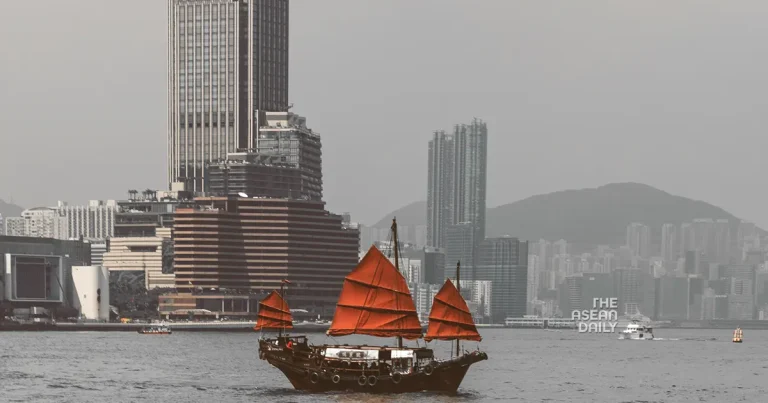28-5-2024 (HONG KONG) In a move that has reignited concerns over the erosion of free speech in Hong Kong, national security police arrested six individuals across the city on Tuesday under the controversial Article 23 of the national security law. The arrests were made on allegations of seditious intent, according to an official statement.
Hong Kong’s Security Secretary, Chris Tang, confirmed to reporters that among those arrested was Chow Hang-tung, a prominent barrister and pro-democracy activist currently serving jail time on other charges. Tang alleged that the group had used a Facebook page to “advocate hatred” against the Chinese and Hong Kong governments, as well as the judiciary.
Chow is accused of using the five others to “publish posts with seditious intent” focused on an “upcoming sensitive date,” the statement added. The offense carries a maximum jail term of seven years. Local media sources cited the date in question as June 4, the anniversary of the bloody crackdown on Chinese pro-democracy protesters in and around Beijing’s Tiananmen Square in 1989.
The identities of the other five individuals arrested, aged between 37 and 65, were not disclosed by Tang.
Chow was formerly one of the leaders of the Alliance, a pro-democracy group that organized an annual candlelight vigil to commemorate the Tiananmen Square massacre in a downtown park in Hong Kong. The Alliance was forced to disband under the ongoing security crackdown, and the vigils were banned under the Beijing-imposed national security law.
The statement from the authorities warned, “Those intending to endanger national security should not delude themselves into thinking they can avoid police pursuit by remaining anonymous online.”
The arrests have sparked widespread concerns among human rights advocates and pro-democracy activists, who view them as yet another attempt by the authorities to stifle dissent and curtail freedoms in the city. Critics argue that the vaguely worded national security law has been used as a tool to suppress peaceful expression and legitimate political opposition.
Supporters of the law, however, maintain that it is necessary to safeguard national security and restore stability in Hong Kong following the widespread pro-democracy protests that rocked the city in 2019.




